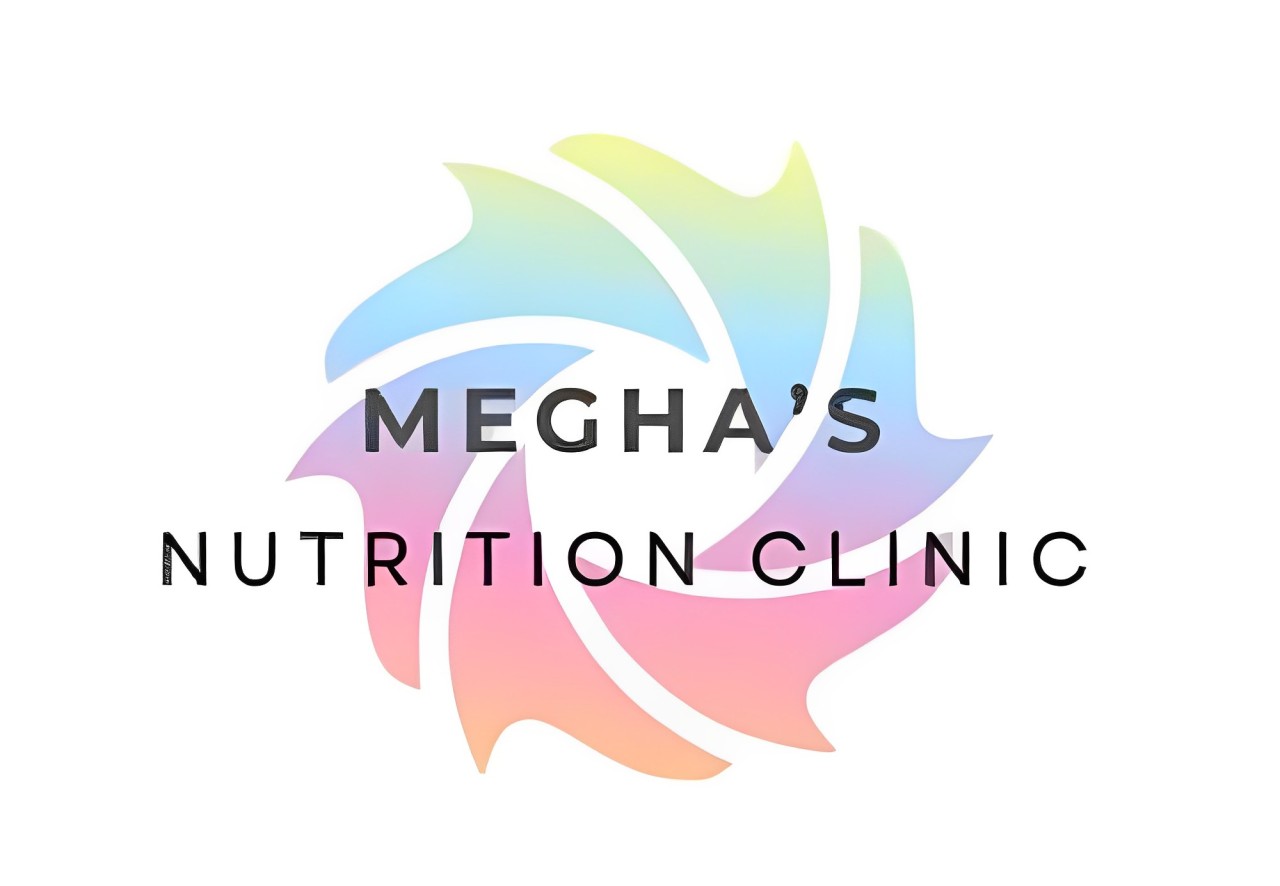“I’m doing everything right—eating clean, exercising consistently… but the scale isn’t moving!”
I hear this all the time from clients. And every time, my answer is the same:
That’s not necessarily a bad thing.
Let’s take a moment to shift your perspective on weight loss—because true transformation goes way beyond the number you see on your weighing scale.
When you step on the scale, you’re not just measuring fat. That number reflects:
Muscle mass
Fat mass
Bone weight
Body water
Undigested food (yes, even that!)
So if you’re solely relying on your weight to track your progress, you’re missing the full picture. Weight can fluctuate due to water retention, hormones, bowel movements, and even the time of day. It’s just one indicator—and not always the most reliable one.
Muscle vs. Fat: The Real Comparison
| Feature | Muscle | Fat |
|---|---|---|
| Density | High (compact and firm) | Low (soft and fluffy) |
| Volume (Size) | Takes up less space | Takes up more space |
| Appearance | Lean, toned, defined | Bulky, soft, round |
| Weight | Heavier per cm³ | Lighter per cm³ |
| Function | Burns calories even at rest, supports strength & posture | Stores energy, cushions organs |
| Look in the Mirror | Tight, sculpted body shape | Saggy or rounder shape |
Cotton vs. Iron
Think of fat as cotton—light, but fluffy and voluminous.
Now think of muscle as iron—dense, solid, and compact.
Two women can both weigh 65 kg:
One has higher fat percentage—she looks bigger, softer.
The other has more muscle—she looks smaller, tighter, more defined.
Same weight, completely different shape.
So even if both weigh the same, the person with more muscle looks leaner, fitter, and more toned.
That’s the magic of body recomposition—where your body shape changes, but your weight doesn’t always drop.
Real Progress Looks Like This…
Your clothes start fitting better—even loose
You notice definition in your arms or waist
Your energy levels and strength improve
Someone compliments your glow or toned look
This isn’t an illusion. It’s real change. You’re losing inches, not necessarily kilos—and that’s still a win.
How to Track Inch Loss (Not Just Weight)
When starting your wellness journey, I strongly recommend measuring your inches along with your weight. Here’s how you can do it correctly:
| Body Part | How to Measure |
|---|---|
| Waist (Abs) | Measure around your navel while standing straight with a relaxed abdomen. |
| Chest | Wrap the tape around the fullest part of your chest, keeping the tape level. |
| Hips | Measure around the widest part of your hips and glutes. |
| Thighs | Measure the thickest part of your upper thigh, a few inches below the hip. |
| Arms (Biceps) | Keep your arm relaxed and measure midway between shoulder and elbow. |
| Calves | Measure the thickest part between your knee and ankle. |
| Shoulders (optional) | Measure from shoulder tip to shoulder tip, across the back. |
Use a flexible, non-stretchable tape. Measure on bare skin, at the same time of day each time. Re-check every 4–8 weeks.
It’s Time to Redefine Your Progress
Progress isn’t always about smaller numbers. It’s about:
Gaining strength
Improving posture
Feeling more energetic
Building healthier habits
And yes, watching your body change shape
Your scale won’t tell you how strong your legs feel during a workout, or how confident you feel in your favorite jeans. But your measurements will.
Don’t Let the Scale Dictate Your Mood
Let’s be honest—the scale has the power to uplift or ruin your day. But it doesn’t deserve that power.
Instead, I invite you to:
Trust the process
Be consistent with your workouts and meals
Focus on how you feel, not just what you weigh
And most importantly, celebrate every small victory
When you combine scale weight + inches lost + how you feel, you get a more holistic view of your progress.
So the next time the scale doesn’t move but your jeans feel looser—smile 😊
That’s transformation in action.
If you’ve been chasing the number on the scale and feeling disappointed, it’s time to shift your focus.
Let’s make your journey about strength, shape, and self-confidence—not just the scale.

